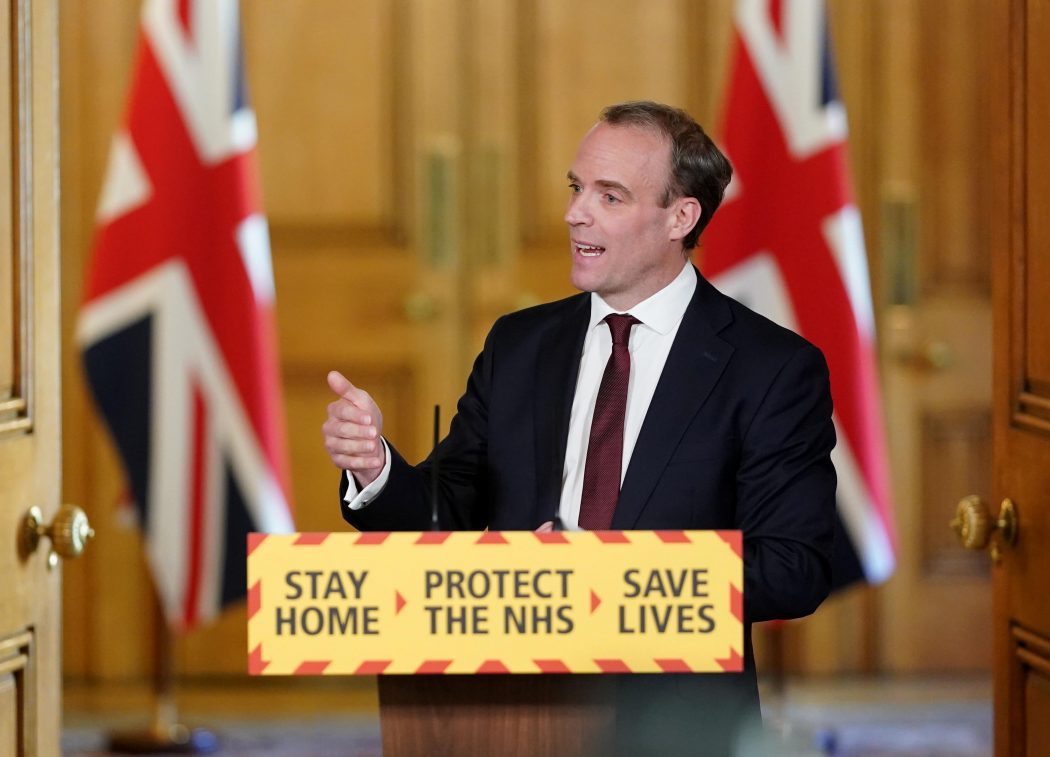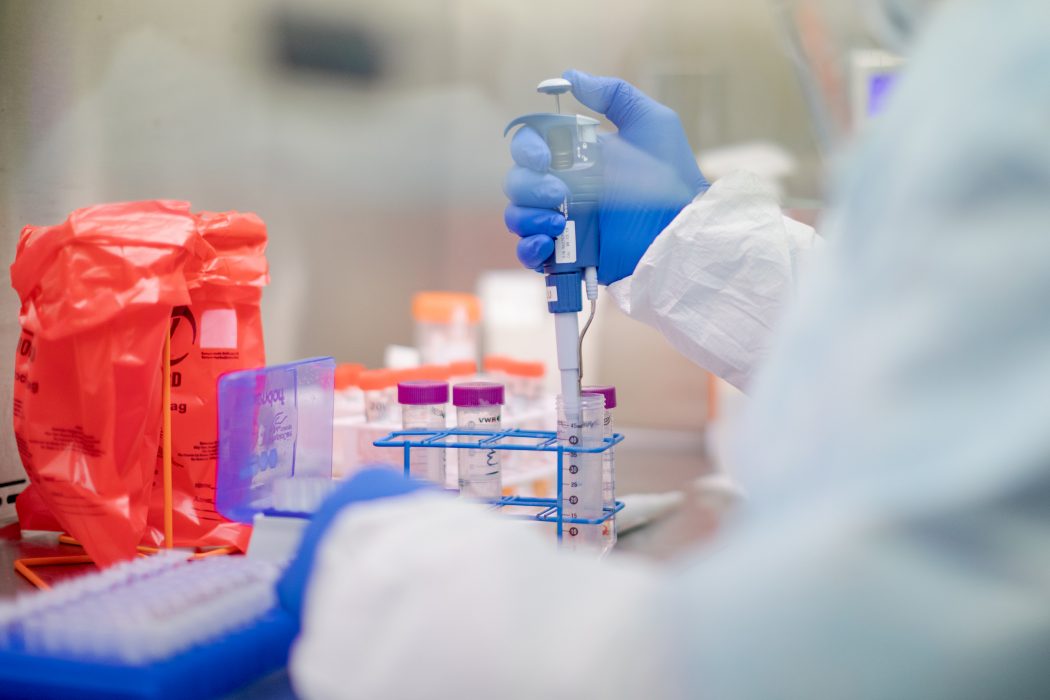I have drafted a letter to my friends and family members in the UK. But perhaps a few cheerful words from a happier place would not be welcome. So I’ll park it here.
Hi, folks,
Look, I get it, this is none of my business. Five years ago I passed a landmark of no significance to anyone else but me: I had spent more than half of my life in Hong Kong.

But I still wish you well. I visit, occasionally, the websites of the newspapers I used to work for and, often, the websites of the Guardian and the BBC. I care about what happens in England and – to a somewhat less extent, in Wales, Scotland and Northern Ireland.
And I need to ask, from one crowded island to another, what the hell have you been getting up to. My Facebook feed is bulging with lockdown stories. And it is horrifying to read the news that total deaths from Covid 19 in your place have passed, at the time of writing, 30,000.
It seemed to me entirely irrelevant that, the week before, the total casualty toll had passed the tally of British Army deaths on the first day of the Battle of the Somme. When two highly industrialised nations put hundreds of thousands of young men in a field with instructions to kill each other you expect the blood to flow.
But we are all, give or take a few civil wars a safe distance away, at peace at the moment. And the excuse that this massacre is all inevitable, the result of a medical problem which nobody could have foreseen and for which there was no immediate remedy, doesn’t wash because the consequences have been so variable.

I understand it is too early to say whether the UK will achieve the unwanted distinction of the highest death rate in Europe. But why is it even in the running for this title?
At the moment the number of deaths in Hong Kong, whose government enjoys neither democratic legitimacy nor a reputation for unusual efficiency, is four. Not 4,000, not 400, not 40. Four, as in number of gospel writers.
This is in a territory with a land border to the mainland, where it all started. So we had less warning and more opportunities for imported infections. Taiwan and Thailand, similarly disadvantaged, have also managed strikingly low numbers, and Vietnam claims to have no cases at all.
There is a theory that Western countries were slow to take the whole thing seriously because of a racist indifference to Asian viruses. I am dubious. The possibility of an epidemic has been noised about for years. Should there not have been contingency plans, stashes of essential supplies, draft regulations, provision for relevant emergency changes?

This may not be immediately obvious from close up, but from a distance it looks like a massive failure of your government, which had made no preparations and, as the relevant Horseman of the Apocalypse galloped towards it, reacted like the proverbial rabbit in the headlights of an oncoming car.
No doubt standards of national leadership on this topic have been lowered by the antics of the lethal buffoon in the White House, but a failure on this scale, leading to thousands of unnecessary deaths, surely should have consequences?
There is an interesting irony here, at least for the moment. It seems your government is not getting the blame it has richly earned. Ours, which has had a good epidemic so far, is not getting much credit.
Partly, this is because of events in the year before the arrival of the new disease. Our Chief Executive has trodden in too many political cowpats to have a shot at the Hong Kong’s sweetheart title, whatever she does about viruses.

It is also partly because the government was propelled towards some precautions, like closing the border, by public agitation.
But I think the main reason is because Hong Kong people, while they do not trust the words of their government, and still less those of the government over the boundary on the mainland, did not need to be persuaded to take the whole matter seriously. This made a big difference.
Why so serious? We participated extensively in the SARS epidemic in 2003, still fresh in many memories. Indeed I imagine many households, like mine, still had a box of face masks which were tucked away when that epidemic subsided. Hygiene was already a thing.
In countries that have not seen a real epidemic since the Spanish flu in 1918 this awareness would of course be absent. But this is where, in a democratic society with a literate population and free media, public information should have come in. Instead governments dithered, at best, or denied there was a problem, at worst.
I do not allow the defence that they were relying on scientific opinion. This is a contradiction in terms. Science, in its slow, tentative way, produces factual observations.
The opinions of scientists about matters on which science has not yet determined the facts are not scientific. They are just opinions. You may think they are expert opinions, but expert opinions about the future (see the works of Philip Tetlock) are lamentably unreliable.

I do not think you can blame scientists, or politicians, for failing to foresee what Covid-19 would be like. There was much we didn’t know about it then and there still is now. What you can blame them for is failure to look at the places where it arrived first, and to see what worked, and copy it.
Too late now, of course. But if I may venture a word of advice: when they let you out, get a face mask and wear it.
